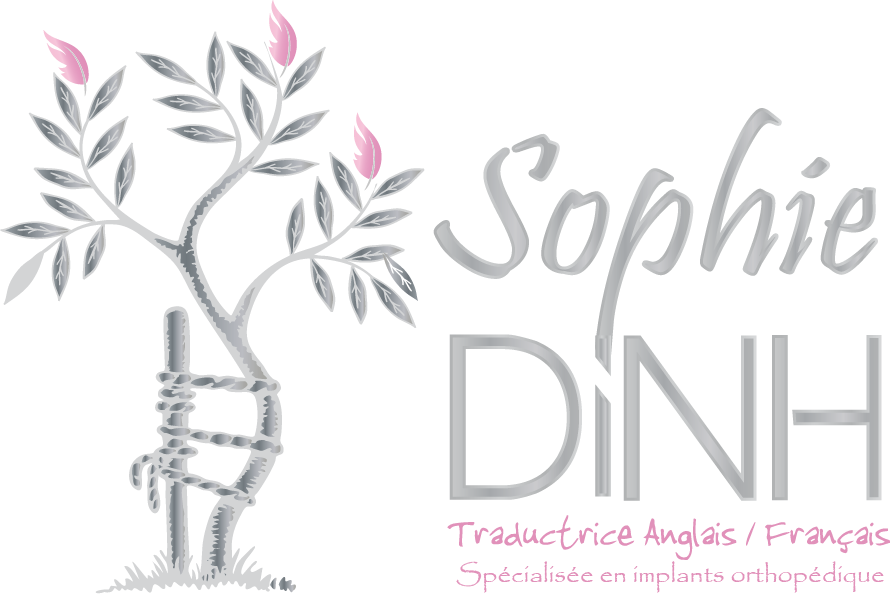As you’re aware, a translator isn’t just someone who’s learned various languages and/or who knows how to look words up in a dictionary.
That’s why you call on the services of professional translation providers. And I should emphasise the importance of going with a specialist.
During the course of my career, clients have asked me to proofread translations carried out either automatically or by translators who aren’t familiar with the field in question. This sometimes leads to results that are funny but, more importantly, inappropriate.
Every business relationship is based on the key value of trust.
To be specific, the trust your clients have in your professionalism. This is arguably the case to an even greater degree in the medical devices sector. The choice of supplier, service provider or laboratory is down to a variety of factors, including perceived and recognised professional quality.
Automatic translation has become extremely effective, and the days when engines translated Microsoft Windows literally as Microsoft Fenêtres are long gone.
However, when it comes to translating the caption for a diagram of a femur, a translation engine doesn’t know that the word shaft refers to a diaphysis and not a camshaft.
Similarly, a human translator who doesn’t work in the medical field may not be aware that revision surgery is not a re-examination.
Just for fun, in the course of my proofreading assignments, I’ve put together[*] some of the funniest mistakes made by non-specialist (machine or human) translators in documents where I’m an expert in the subject matter.
I hope these examples will make you smile and, especially, think carefully about how important it is to go with a translator who knows what you’re talking about.
A specialist in your products and your business area, who knows that the kind of cups you use aren’t teacups and that the delivery times you are referring to are pregnancy due dates.
[*] Special thanks go to my father, Yanick Dinh, for his illustrations.

